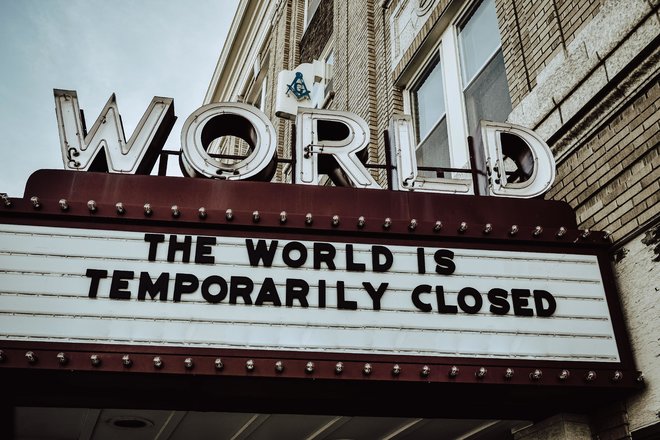05/05/2020 12:08
Weiteres Beispiel für Sendung zu Nachwuchsfürderung eingefügt
Neue Begründung: The cultural mission of German public media is legally enshrined in the Federal Broadcasting Treaty (Rundfunkstaatsvertrag, RStV). § 11 Section 1 of this treaty states an explicit obligation to “particularly offer contributions on culture”. [1]
This includes both the reporting on cultural events and a mandate for cultural sponsorship, i.e. to create cultural events themselves. In doing so, the entire spectrum of cultural diversity must be reflected.[2]
According to the latest figures from the Cologne Institute for Empirical Media Research (IFEM) for 2016-2018, the share of “Culture & Religion” in the content profile of Das Erste was 2.4-2.8%; that of ZDF 2.7-2.8%. By way of comparison: Sports most recently comprised 8.4% (Erste)/6.9% (ZDF), everyday/social affairs 6.8%(Erste)/15.0%(ZDF), fiction 35.4% (Erste)/36.4% (ZDF), and of these alone, thrillers/crime shows 10.8% (Erste)/24.2% (ZDF).[3]
As announced by the Federal Government we will have to cope with restrictions in public life for some time to come. When stages will be allowed to reopen is therefore marked with a big question mark. Formats developed to date for "Culture in Times of Corona" - much of which is only available in the media library, not broadcast on TV - focus again on the established names and genres. a very narrow selection of what our cultural landscape can offer.
Television broadcasters have the platforms, the professional technology and the reach to make the performing arts accessible to a wide audience at a high quality. And the public, which until recently filled theatres, concert halls, opera houses, galleries, cabaret stages, music bars and clubs, is now yearning for cultural stimulation within their homes. Just as all creative artists long to play for their audience.
**Is there a better time for our very own cultural “Sommermärchen”?**
*Sources:*
[1] [1] Neue Osnabrücker Zeitung, „ARD-Programmdirektor Herres: Wegen Corona-Krise "große Lücken" im TV-Programm“, 26. April 2020, www.presseportal.de/pm/58964/4581105
[2] die medienanstalten, „Staatsvertrag für Rundfunk und Telemedien (Rundfunkstaatsvertrag – RStV), version 22. Rundfunkänderungsstaatsvertrag, in effect since 1. May 2019.(www.die-medienanstalten.de/fileadmin/user_upload/Rechtsgrundlagen/Gesetze_Staatsvertraege/Rundfunkstaatsvertrag_RStV.pdf)
[3] Wissenschaftliche Dienste des deutschen Bundetages, „Der Kultur- und Bildungsauftrag der öffentlich-rechtlichen und privaten Rundfunkanstalten“, Ausarbeitung WD 10-051/06.
[4] Krüger, Udo Michael, „Profile deutscher Fernsehprogramme 2018 – Tendenzen der Angebotsentwicklung zur Gesamt- und Hauptsendezeit“. In: Media Perspektiven 4/2019, Editor: Institut für empirische Medienforschung (IFEM), Cologne. (www.ard-werbung.de/fileadmin/user_upload/media-perspektiven/pdf/2019/0419_Krueger_2019-05-09.pdf
Unterschriften zum Zeitpunkt der Änderung: 108
